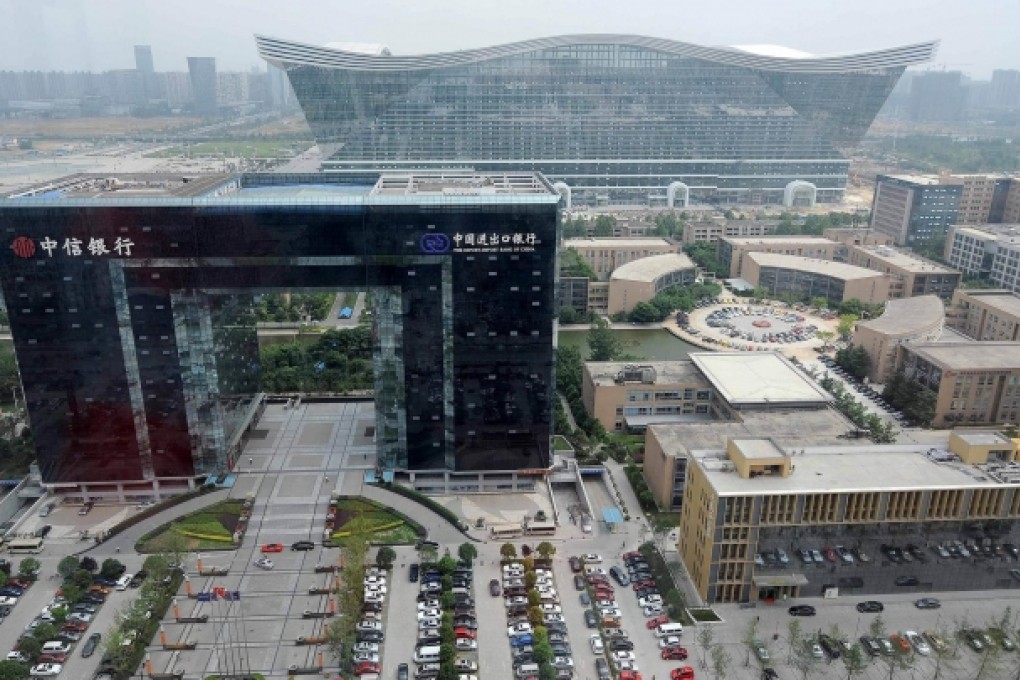Lai See | HSBC to end UnionPay chaos with a new Plus ATM card

We hear there is light at the end of the tunnel for HSBC customers who have suffered dismay and distress when, on arriving in foreign parts, they weren't able to use their ATM card to withdraw cash.
The problem is because HSBC's new ATM cards, with an embedded chip, no longer use the Plus payment network, but the UnionPay network, which has limited use outside Asia. UnionPay is the dominant payment network in China, and operates under the auspices of the central bank. Lai See has received numerous complaints from furious customers saying they were poised to switch to another bank because of the problems with the new cards. However, the good news for HSBC customers is that the bank is working on bringing out an alternative ATM card which will use the Plus payment system.
An HSBC spokesman told Lai See: "Our people are working very hard on this and hope to make this new card available within a few months."
This should bring what has been a horrendously embarrassing saga for HSBC to a close. But it is only doing what the other banks that issue ATM cards in Hong Kong had the foresight to do. As well as offering a card with the UnionPay network, other banks such as Standard Chartered offered an alternative card with either the Cirrus or Plus payment networks. It is astonishing that HSBC has allowed this saga to run on for so long.
As we observed in our piece last week - paraphrasing Winston Churchill: "You can always rely on HSBC to do the right thing, having tried everything else."
